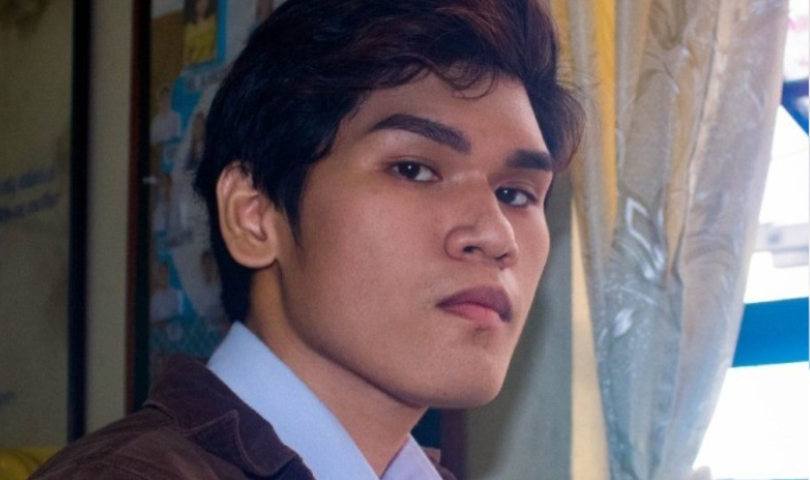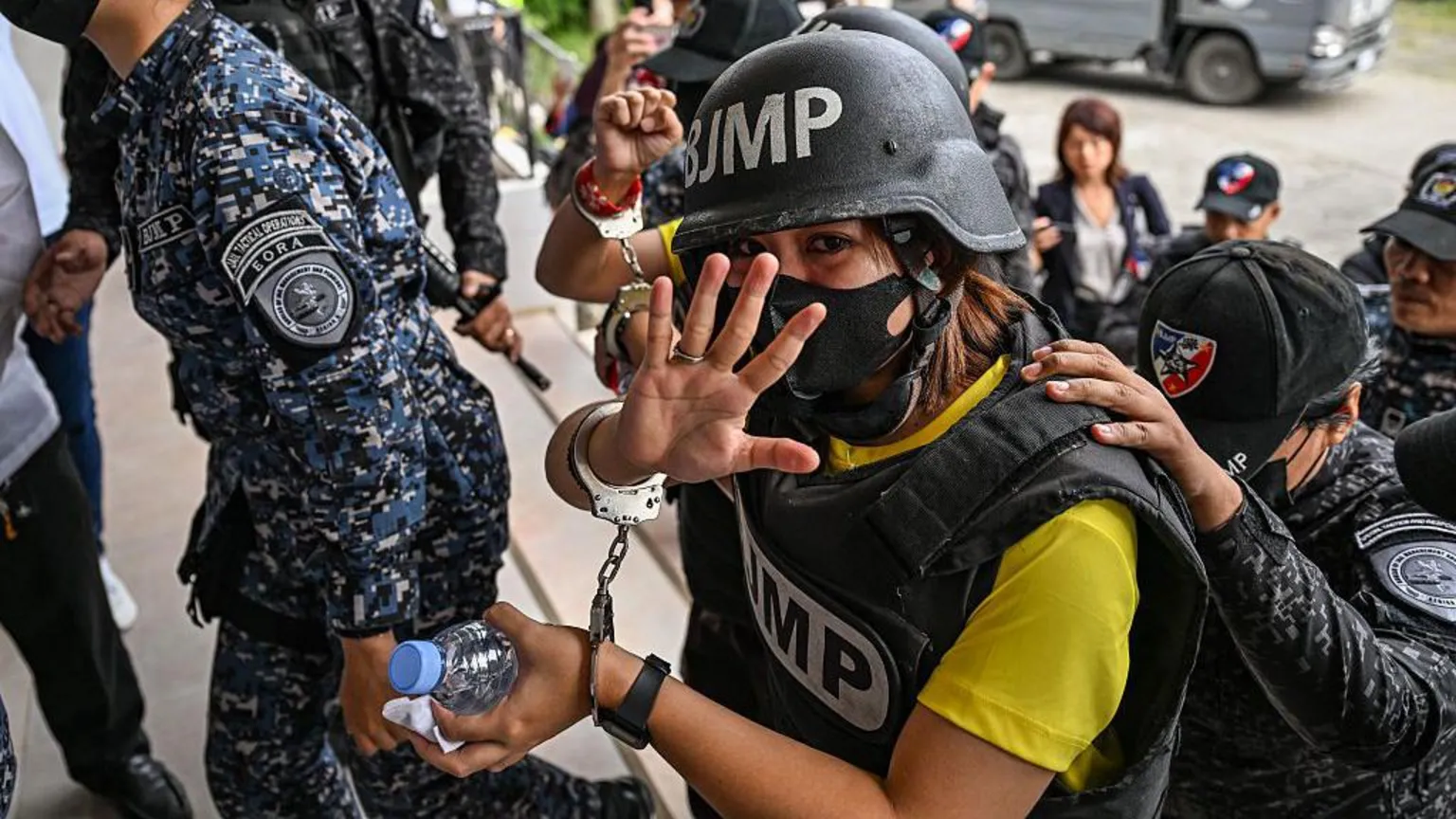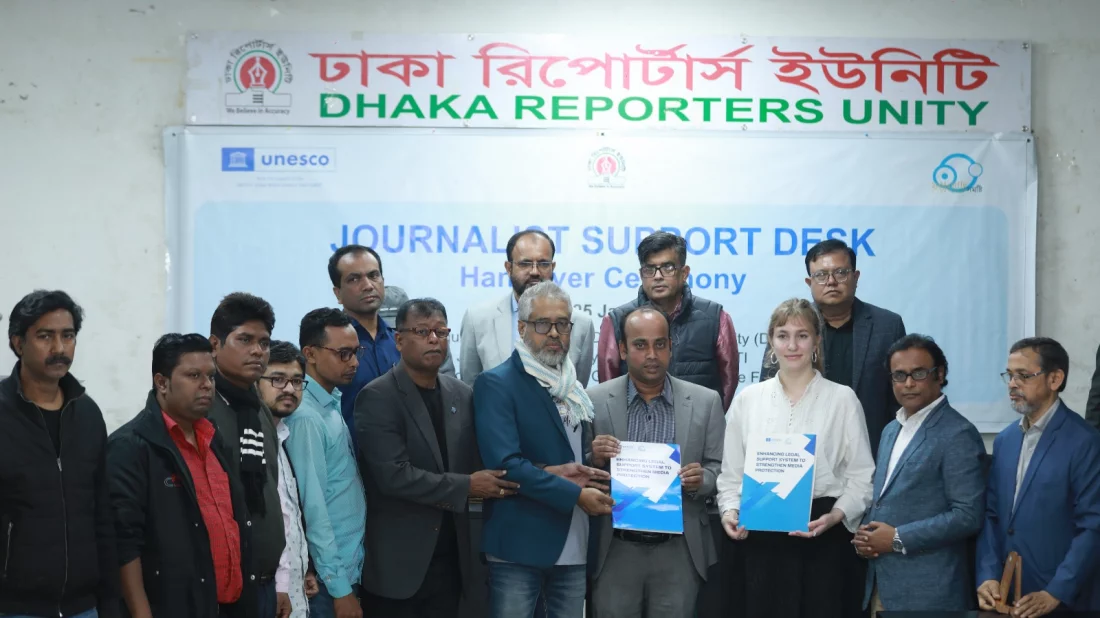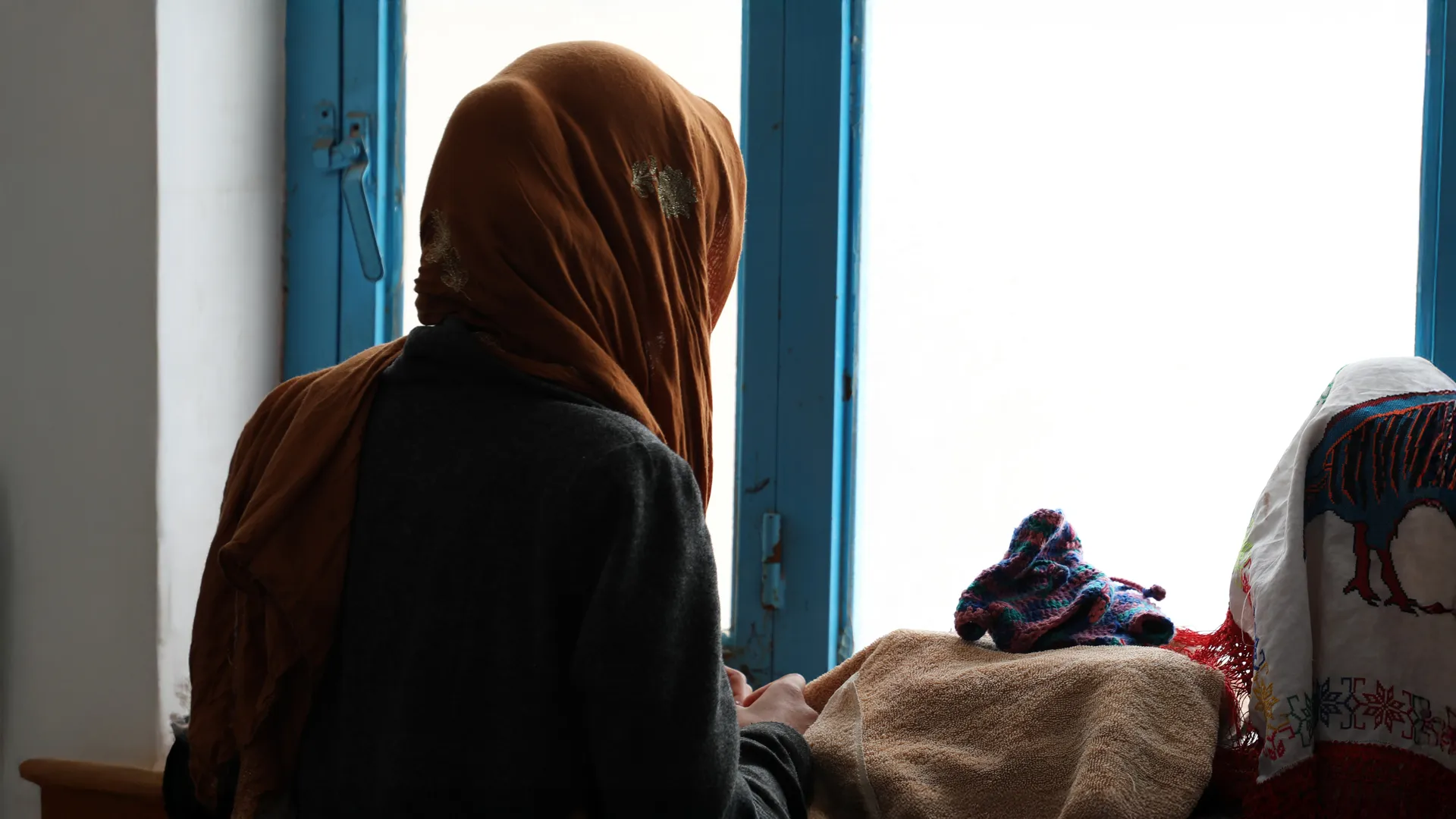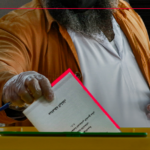
Jordan’s Cybercrime Law Weaponized to Silence Journalists, RSF Warns
September 9, 2024
Azerbaijani Journalist Shahla Karim Detained Amid Crackdown on Election Coverage
September 10, 2024September 09, 2024 – Philippines –
Manila Today journalist Roy Barbosa, who identifies as non-binary, was violently confronted while live‑reporting a protest outside the Malolos Regional Trial Court in Bulacan, Philippines. The rally was staged in support of labor activists facing terrorism charges. Barbosa was approached by a masked man claiming to be a “vlogger” and repeatedly harassed—yelled at, spat upon—and subjected to gender-based insults including references to their “bakla” (gay) identity. He was told to delete his footage under threat of legal repercussions. Several police officers present did nothing to intervene.
Though Barbosa managed to publish his report later that evening, the harassment continued. He received a Facebook message falsely accusing him of being affiliated with the Communist Party–New People’s Army (CPP‑NPA), a classic “red‑tagging” tactic in the Philippines used to label critics as terrorists—a move that often escalates to threats, arrest, or violence. Similar messages had targeted him previously, warning him against covering the hearings of activists Ed Cubelo and Rodrigo Esparago.
The International Federation of Journalists (IFJ) and its affiliate, the National Union of Journalists of the Philippines (NUJP), strongly condemned the attack. They emphasized the assault represented a “blatant infringement of press freedom” and called on the government to launch thorough and immediate investigations, and to implement protective measures for journalists covering public events.
Women in Journalism echoed these concerns, highlighting that Barbosa’s gender identity compounded the vulnerabilities they faced. They demanded accountability and reinforced that both women and LGBTQI+ journalists deserve full protection and respect while performing their duties.
This incident typifies a broader pattern: media workers face harassment, intimidation, and red‑tagging, especially when covering politically sensitive subjects. Alternative and community‑based journalists, like Barbosa, are particularly vulnerable. Such tactics not only impede reporting on civil liberties and justice but also potentially escalate into criminalization or bodily harm
Reference –
Philippines: Journalist assaulted and harassed at protest – IFJ

